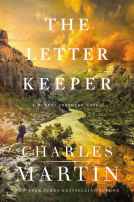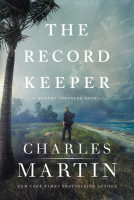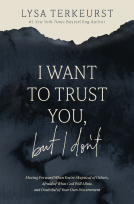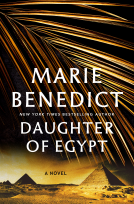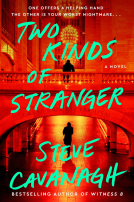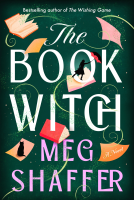
The Lost Shtetl
A Novel
by Max Gross
This title was previously available on NetGalley and is now archived.
Send NetGalley books directly to your Kindle or Kindle app
1
To read on a Kindle or Kindle app, please add kindle@netgalley.com as an approved email address to receive files in your Amazon account. Click here for step-by-step instructions.
2
Also find your Kindle email address within your Amazon account, and enter it here.
Pub Date Oct 13 2020 | Archive Date Dec 08 2020
HarperCollins Publishers | HarperVia
Talking about this book? Use #TheLostShtetl #NetGalley. More hashtag tips!
Description
WINNER OF THE NATIONAL JEWISH BOOK AWARD AND THE JEWISH FICTION AWARD FROM THE ASSOCIATION OF JEWISH LIBRARIES
GOOD MORNING AMERICA MUST READ NEW BOOKS * NEW YORK POST BUZZ BOOKS * THE MILLIONS MOST ANTICIPATED
A remarkable debut novel—written with the fearless imagination of Michael Chabon and the piercing humor of Gary Shteyngart—about a small Jewish village in the Polish forest that is so secluded no one knows it exists . . . until now.
What if there was a town that history missed?
For decades, the tiny Jewish shtetl of Kreskol existed in happy isolation, virtually untouched and unchanged. Spared by the Holocaust and the Cold War, its residents enjoyed remarkable peace. It missed out on cars, and electricity, and the internet, and indoor plumbing. But when a marriage dispute spins out of control, the whole town comes crashing into the twenty-first century.
Pesha Lindauer, who has just suffered an ugly, acrimonious divorce, suddenly disappears. A day later, her husband goes after her, setting off a panic among the town elders. They send a woefully unprepared outcast named Yankel Lewinkopf out into the wider world to alert the Polish authorities.
Venturing beyond the remote safety of Kreskol, Yankel is confronted by the beauty and the ravages of the modern-day outside world – and his reception is met with a confusing mix of disbelief, condescension, and unexpected kindness. When the truth eventually surfaces, his story and the existence of Kreskol make headlines nationwide.
Returning Yankel to Kreskol, the Polish government plans to reintegrate the town that time forgot. Yet in doing so, the devious origins of its disappearance come to the light. And what has become of the mystery of Pesha and her former husband? Divided between those embracing change and those clinging to its old world ways, the people of Kreskol will have to find a way to come together . . . or risk their village disappearing for good.
Advance Praise
Starred Publishers Weekly review
“Gross’s entertaining, sometimes disquieting tale delivers laugh-out-loud moments and deep insight on human foolishness, resilience, and faith.”
“Imaginative and philosophical, funny and sad, old and new—mazel tov, Mr. Gross.”
-Starred Kirkus
Available Editions
| EDITION | Other Format |
| ISBN | 9780062991126 |
| PRICE | $27.99 (USD) |
| PAGES | 416 |
Average rating from 20 members
Featured Reviews
 sara a, Reviewer
sara a, Reviewer
This is an unusual book that will appeal to a variety of different readers. If you're Jewish, even more so. It starts with a small Jewish town in Poland that somehow has been so deeply hidden in the forest that there has been almost no contact with the outside world and it totally missed WW2. We get to know the different people living in the town and about their lifestyle and then due to a kind of Talmudic twist of an incident, one person leaves and another is sent out to find her. And then the town slowly learns of how the world has changed, and the world learns about this town. It's a great premise for a story and Gross does it well.
The book has an extensive glossary for the Yiddish and Polish words that the author uses. He does this well and most of the words define themselves from the context, but for language buffs, the glossary is fascinating.
The style of writing sounds like an old Rabbi telling a tale out loud in a winding way. It's very nice. And one could read it as a story or consider moral and societal issues. It's going to be a great book for book group discussion.
